Understanding Pheochromocytoma
Before diving into the impacts of pheochromocytoma on fertility and sexual health, it's crucial to understand what this condition is. Pheochromocytoma is a rare tumor that develops in the adrenal glands, specifically in the adrenal medulla. These glands are responsible for producing essential hormones such as adrenaline and noradrenaline, which regulate our body's response to stress.
When a pheochromocytoma forms, it causes the adrenal glands to produce excessive amounts of these hormones, leading to a variety of symptoms such as high blood pressure, rapid heartbeat, sweating, and anxiety. If left untreated, pheochromocytoma can cause severe complications and may even be life-threatening. However, early diagnosis and proper treatment can help manage the condition effectively.
How Pheochromocytoma Affects Fertility
Now that we have a basic understanding of pheochromocytoma, let's look at how it can impact fertility. The excessive production of adrenaline and noradrenaline in the body can lead to hormonal imbalances, which can adversely affect the reproductive system. These imbalances can disrupt the menstrual cycle in women and sperm production in men, potentially leading to difficulties in conceiving.
Furthermore, the high blood pressure and rapid heartbeat caused by pheochromocytoma can increase the risk of complications during pregnancy, such as preeclampsia, premature birth, and low birth weight. It's essential to seek medical advice if you're planning to conceive and have been diagnosed with this condition, as proper management and prenatal care can help minimize these risks.
Impacts on Sexual Health and Function
Aside from fertility, pheochromocytoma can also affect sexual health and function. The hormonal imbalances triggered by the tumor can lead to a decreased libido in both men and women. Moreover, the physical symptoms such as high blood pressure and rapid heartbeat can cause erectile dysfunction in men and difficulties in achieving orgasm in women.
These sexual health issues can further contribute to emotional stress and anxiety, which can exacerbate the symptoms of pheochromocytoma. It's essential to discuss any concerns about sexual health with your healthcare provider, as they can recommend appropriate treatments and strategies to manage the condition and improve sexual function.
Diagnosis and Treatment of Pheochromocytoma
Early diagnosis and treatment of pheochromocytoma are crucial for managing the condition and reducing its impact on fertility and sexual health. Diagnosis typically involves blood and urine tests to check for elevated levels of adrenaline and noradrenaline, as well as imaging tests such as CT scans or MRIs to locate the tumor.
Treatment options for pheochromocytoma include surgery to remove the tumor, medications to control blood pressure and hormone levels, and in some cases, radiation therapy or chemotherapy. It's essential to work with your healthcare provider to determine the best course of treatment for your specific situation.
Managing Stress and Anxiety
As mentioned earlier, pheochromocytoma can cause anxiety and emotional stress, which can further affect fertility and sexual health. Learning to manage stress and anxiety is an essential aspect of coping with this condition. Some effective stress management techniques include regular exercise, practicing relaxation techniques such as deep breathing and meditation, and seeking support from friends, family, or a mental health professional.
It's crucial to remember that everyone's experience with pheochromocytoma is unique, and what works for one person may not work for another. Be patient with yourself and try different strategies to find what works best for you in managing your stress and anxiety.
Communicating with Your Partner
Open communication with your partner is vital when dealing with pheochromocytoma and its effects on fertility and sexual health. Discuss your concerns, fears, and feelings with your partner, and be open to listening to their perspective as well. This can help build understanding and support within your relationship, as well as reduce the emotional stress that can exacerbate the condition.
Consider seeking couples counseling or therapy if needed, as this can provide a safe space for both partners to express their feelings and learn effective communication strategies.
Seeking Support and Information
Finally, it's essential to seek support and information about pheochromocytoma to help you cope with the condition and its impacts on fertility and sexual health. Reach out to your healthcare provider, join support groups, or connect with others who have experienced similar challenges to share insights, advice, and encouragement.
Remember that you're not alone in facing pheochromocytoma, and there are resources and support available to help you manage the condition and maintain a fulfilling sex life and, if desired, achieve parenthood.

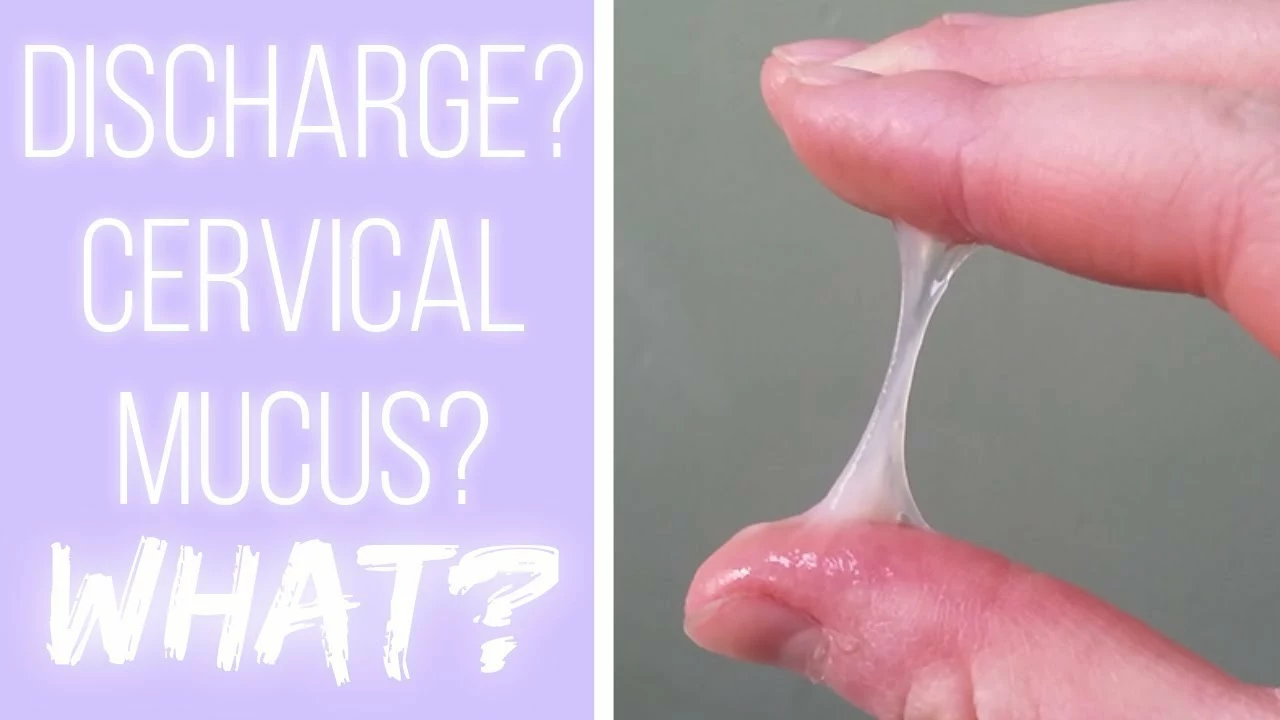
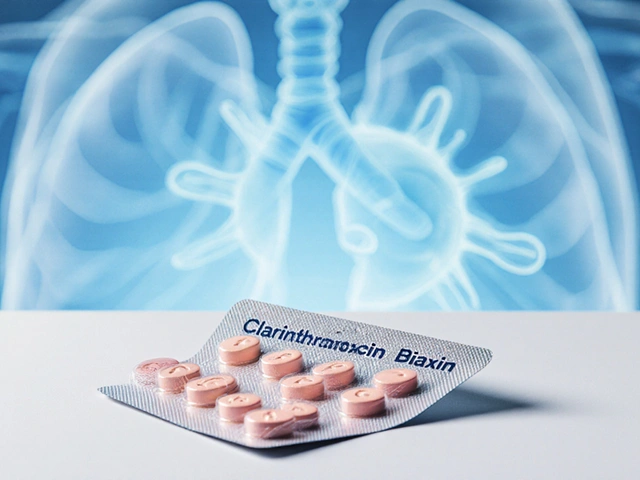
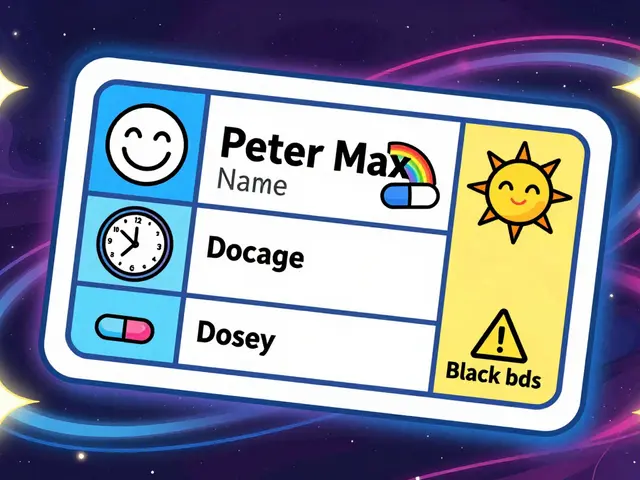

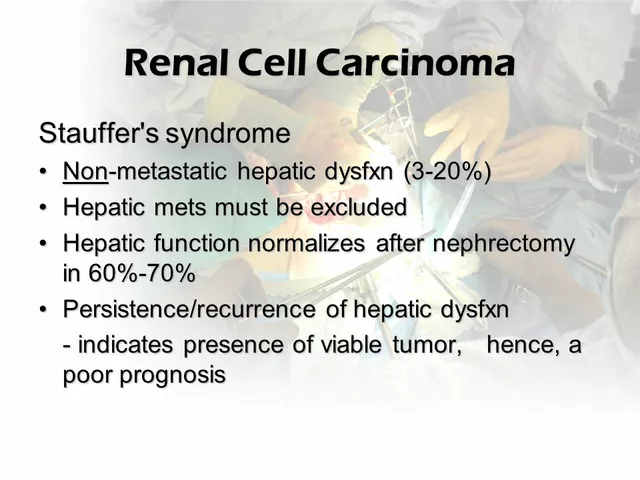

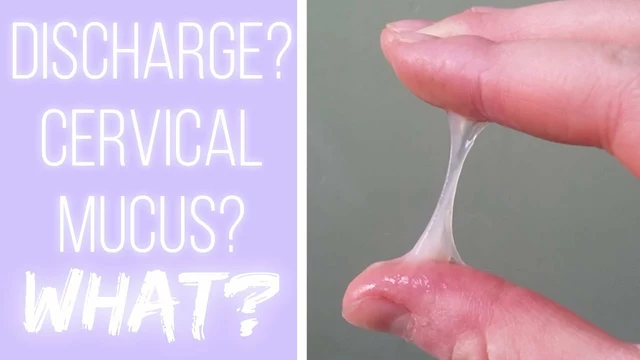
May 7, 2023 AT 13:27
Will RD
this is why we need to stop letting people with tumors have kids. bad genes.
May 9, 2023 AT 04:23
Jacqueline Anwar
The clinical implications of pheochromocytoma on reproductive endocrinology are profoundly understudied. One must consider the catecholamine-induced vasoconstriction and its cascading effects on gonadal perfusion. This is not merely a matter of "feeling anxious"-it is a systemic endocrine disruption requiring multidisciplinary intervention.
May 9, 2023 AT 17:54
Ganesh Kamble
lol so you're telling me high blood pressure makes you not horny? groundbreaking. next you'll say eating pizza causes diabetes.
May 11, 2023 AT 10:29
Jenni Waugh
Oh sweetie. You think this is rare? Honey, I’ve seen women with pheo cry in the fertility clinic because their IVF cycles kept failing. And guess what? Their doctors didn’t even connect the dots until they were in crisis. This isn’t "information"-it’s survival guidance. 🙄
May 11, 2023 AT 16:03
Theresa Ordonda
i had pheo and lost 2 pregnancies before they found the tumor. now i’m 8 months pregnant and still on alpha blockers. it’s not easy but it’s possible. 🤰❤️🩹
May 12, 2023 AT 21:23
Judy Schumacher
One cannot help but observe the tragic irony inherent in the modern medical paradigm: we have the capacity to map the human genome, yet we still fail to correlate adrenal chromaffin cell pathology with libido metrics in peer-reviewed literature. The epistemological gap is not merely concerning-it is scandalous.
May 14, 2023 AT 21:22
Megan Raines
so... you're saying if you have a tumor that makes you feel like you're in a horror movie 24/7, you might not feel like having sex? i'm shocked. truly. 😏
May 15, 2023 AT 02:36
Mamadou Seck
why do people even write this stuff like its a big deal its just a tumor you take it out you live you dont need a whole essay
May 16, 2023 AT 02:19
Anthony Griek
i just want to say thank you for writing this. i’ve been too scared to talk about this with my wife. now i know i’m not crazy for feeling this way.
May 17, 2023 AT 04:28
Norman Rexford
bro this is why america is falling apart. we used to just fix the tumor and move on. now we got people writing essays on how it affects their love life. we need to get back to basics. america first. 🇺🇸
May 17, 2023 AT 19:32
Wayne Keller
i was diagnosed with pheo 3 years ago. surgery worked. my libido came back. my wife and i are trying for a baby now. it’s not perfect but it’s real. you’re not alone.
May 18, 2023 AT 16:32
California Daughter
Wait... so... you're telling me... that a tumor... that causes stress... might... affect... your... sex life??? I mean... wow. I never would've guessed. 🤔💕🤯